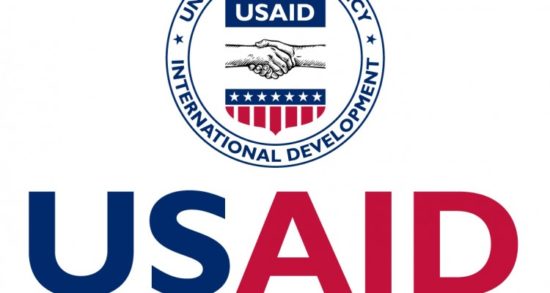USAID taps CHAI, GETF to launch coalition that will test innovative approaches to address antimicrobial resistance in low- and middle-income countries
The United States Agency for International Development (USAID) tapped the Clinton Health Access Initiative (CHAI) and the Global Environment and Technology Foundation (GETF) to lead a new coalition to address critical antimicrobial resistance (AMR) challenges faced globally and, most acutely, in low- and middle-income countries.
The new coalition, the Antimicrobial Resistance Access and Stewardship Initiative (AMRASI), is a groundbreaking initiative that will use a sustainable, market-driven approach to address critical gaps in access to diagnostics and antimicrobials while incentivizing their appropriate use in low- and middle-income countries. AMRASI is assembling multi-sectoral stakeholders to design and implement a “proof of concept” pilot to assess the feasibility of a market-based approach that increases access to urgently needed, quality assured, diagnostics and antimicrobials using market shaping instruments, while concurrently promoting stewardship through outcomes-based finance interventions. Following a series of convenings to align on these key pilot areas, the coalition aims to mobilize and launch the targeted pilot to test the model in up to two low- and middle-income countries.
AMR NEWS
Your Biweekly Source for Global AMR Insights!
Stay informed with the essential newsletter that brings together all the latest One Health news on antimicrobial resistance. Delivered straight to your inbox every two weeks, AMR NEWS provides a curated selection of international insights, key publications, and the latest updates in the fight against AMR.
Don’t miss out on staying ahead in the global AMR movement—subscribe now!







